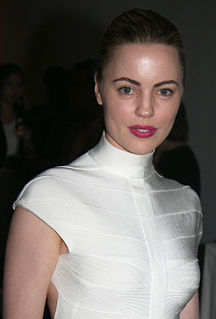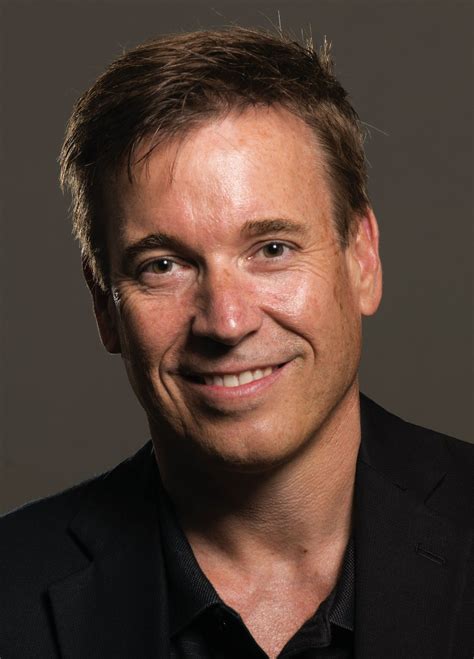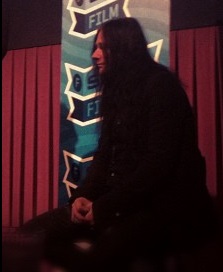A Quote by Clive Owen
If you are making a script based on a book it can be frustrating going back to the source novel, because you're turning the story into a totally different thing; the narrative of film is different from that of a book.
Related Quotes
It's very bad to write a novel by act of will. I can do a book of nonfiction work that way - just sign the contract and do the book because, provided the topic has some meaning for me, I know I can do it. But a novel is different. A novel is more like falling in love. You don't say, 'I'm going to fall in love next Tuesday, I'm going to begin my novel.' The novel has to come to you. It has to feel just like love.
The process for writing a picture book is completely different from the process of writing a chapter book or novel. For one thing, most of my picture books rhyme. Also, when I write a picture book I'm always thinking about the role the pictures will play in the telling of the story. It can take me several months to write a picture book, but it takes me several years to write a novel.
A lot of films that have been adapted from books stop serving you because they become different. I mean, they are different entities in themselves, but artistically, what you're trying to achieve with a film is so very different to what you're trying to achieve with a book, and the way when you write a script is so very different on paper to how it seems on a screen.
You never know what you're in for when you take a role. When you're reading the script, you're in some café in New York and you're loving life and it sounds great because it's like reading a book. When you step into that book and you actually have to play it out, for real, it's a totally different ball game.
'Triple Agent' is a different kind of read because it is, at its core, a pure narrative, the story of an intelligence operation that unfolds over the course of a year and then goes badly wrong. There's a lot of 'news' in the book, including an account of drone warfare that is as detailed, in my humble opinion, as any in the open-source arena.




































